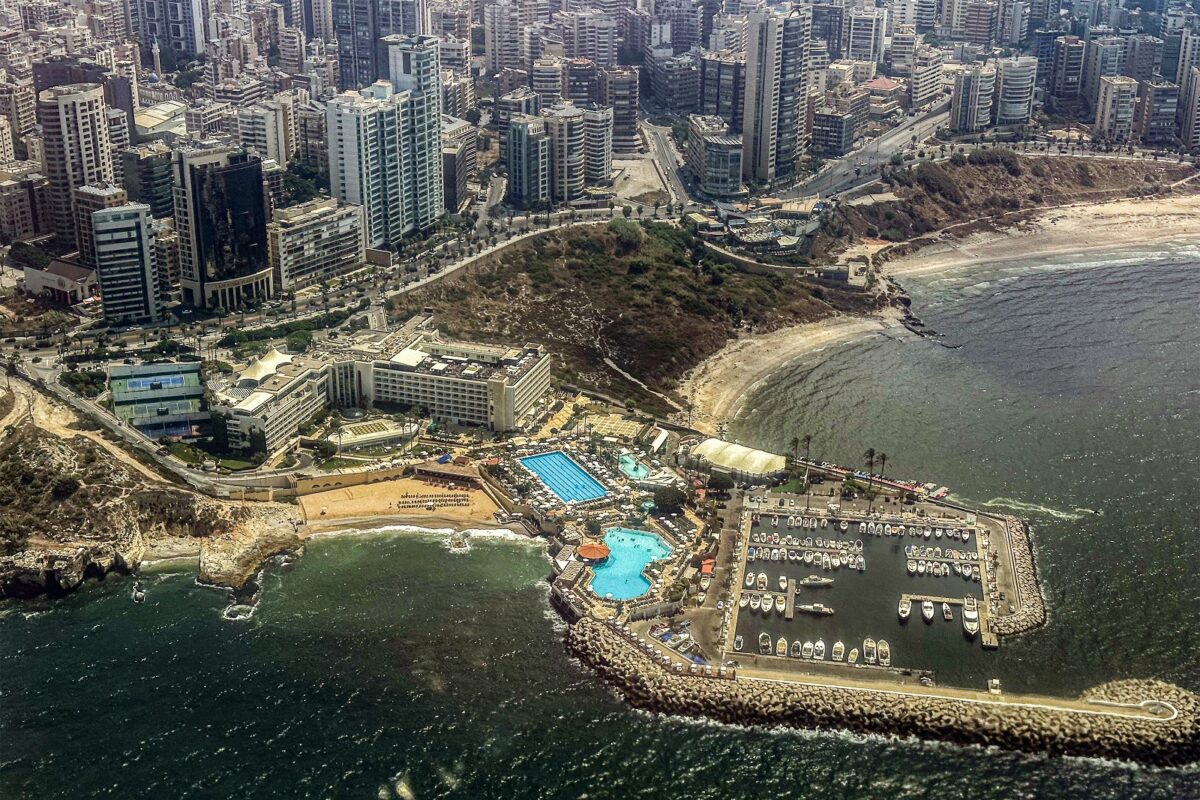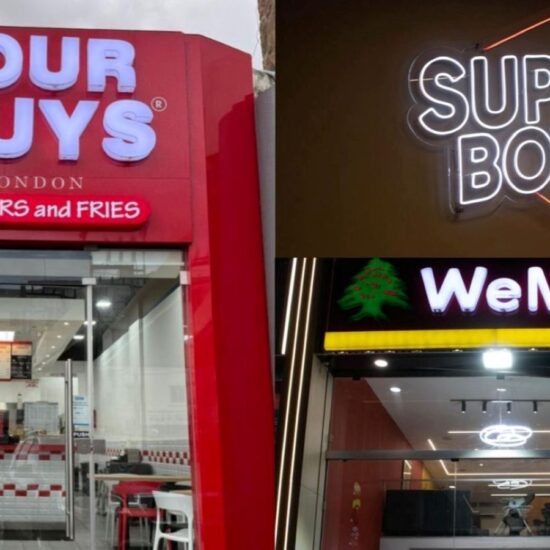
Beirut, the capital of Lebanon, was recently ranked the 6th most expensive city in the Arab world. This ranking reflects the city's high cost of living, driven by factors such as rising prices for goods and services, inflation, and a challenging economic environment.
Lebanon is grappling with soaring prices amid a severe economic crisis and rampant inflation, making it one of the most expensive countries in the Arab region.
As an economic expert and lecturer in Lebanon, Dr. Rania Khalil offers a critical perspective on Beirut’s ranking as the 6th most expensive city in the Arab world. “The devaluation of the Lebanese pound, coupled with a banking sector collapse and political instability, has eroded purchasing power and led to significant increases in the cost of essential goods and services,” Dr. Khalil explains.
The cost of basic necessities, such as food, housing, and transportation, has surged, making daily life increasingly expensive for residents. Despite its vibrant culture and rich history, the economic challenges have placed Beirut among the most costly cities in the region, affecting both locals and expatriates.
Compared to other countries in the Arab region, Lebanon’s economic challenges have resulted in disproportionately high prices, exacerbating the hardships faced by its residents and creating a stark contrast with the cost of living in neighboring nations.
Beirut ranks as the 6th most expensive city in the Arab world, trailing only behind Dubai, Abu Dhabi, Doha, Riyadh and Jeddah, according to the latest report from Numbeo’s annual Cost of Living Index. Globally, it ranks as the 113th most expensive city out of 178 cities with a cost of living index of 45.2 points. For perspective, Geneva tops the index with a score of 101.7.
The high cost of living in Beirut is a direct consequence of Lebanon’s protracted economic crisis, marked by severe inflation, currency devaluation, and a fragile banking sector. According to Dr. Khalil, these factors have collectively contributed to the skyrocketing prices of goods and services, making daily life increasingly unaffordable for many.
Despite the city’s rich cultural heritage and vibrant lifestyle, the economic instability has overshadowed these aspects, pushing Beirut into the ranks of the most costly cities in the region.
Addressing this issue requires comprehensive economic reforms, stabilization of the currency, and a rebuilding of public trust in the financial system. Her analysis highlights the complex interplay of economic factors that have led to Beirut’s current financial challenges and underscores the need for urgent policy interventions.
Since late 2019, Lebanon has been engulfed in one of the worst economic crises in its history. The national currency, the Lebanese pound, has progressively lost over 98 percent of its value against the dollar. The financial crash wiped out people’s life savings and led to hyperinflation.
As a citizen and university professor in Lebanon, Dr. Samir Haddad shares a personal perspective on Beirut being ranked the 6th most expensive city in the Arab region. Dr. Haddad notes, “Living in Beirut has become increasingly challenging due to the relentless rise in prices. As an academic, I have witnessed my salary’s purchasing power diminish drastically because of inflation and the continuous depreciation of the Lebanese pound.”
The cost of everyday necessities, from groceries to utilities, has soared, making it difficult to manage household expenses and maintain a reasonable standard of living. This economic strain is not just a statistic but a daily reality affecting many families, including Dr Haddad.
The situation underscores the urgent need for economic stabilization and reform to alleviate the burden on citizens.” Dr. Haddad’s experience highlights the profound impact of Lebanon’s economic crisis on the middle class and the broader academic community.
The historical evolution of Beirut’s cost-of-living index shows that prices in Lebanon have significantly risen in recent years due to the economic and financial crisis, and the devaluation of the Lebanese pound.
A May report by the World Bank revealed that poverty in Lebanon had more than tripled over the past decade, now affecting 44 percent of the population. The report also highlighted that poverty was unevenly distributed across the country.
With the rapid expansion of a dollarized, cash-based economy, Lebanese households earning in dollars have managed to preserve their purchasing power to some extent. In stark contrast, those without access to foreign currency are more vulnerable to escalating inflation.
The Lebanese economy is heavily reliant on the tourism industry. In 2023, tourism revenues reached $5.41 billion, marking a slight 1.7 percent increase from the previous year, according to data from Lebanon’s central bank. This influx largely comes from visitors, predominantly members of the Lebanese diaspora.
Lebanon has been mired in an unprecedented financial crisis since late 2019. The collapse of the local currency and the devaluation of wages, combined with stringent bank restrictions on cash withdrawals, have plunged the majority of the population into poverty.
As Lebanon imports over 80 percent of its goods using U.S. dollars, most citizens can no longer afford the items they once could before the crisis. Four years into this economic and financial turmoil, Lebanon’s macroeconomic situation remains critically impaired. According to the latest World Bank Lebanon Economic Monitor released today, the spillover effects from the ongoing conflict in Gaza pose yet another significant shock to Lebanon’s already fragile growth model.
Rodayna Raydan is a Lebanese-British journalist. You can follow her on Twitter @Rodayna_462
The views in this story reflect those of the author alone and do not necessarily reflect the beliefs of NOW.








